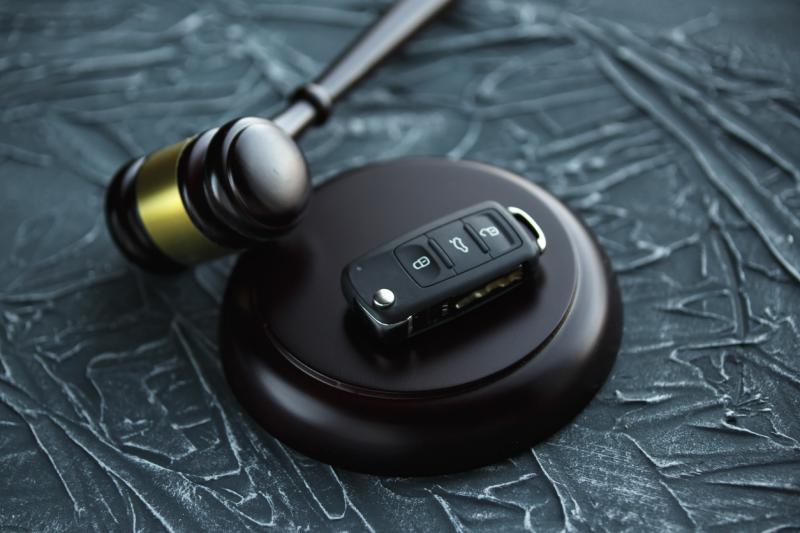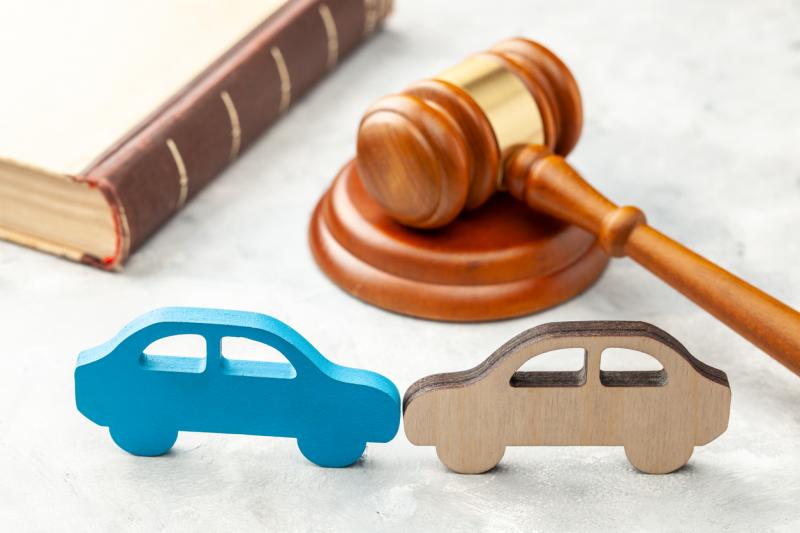Guide to Getting Damages for Pain and Suffering

When someone is seriously injured or dies as the result of negligence, they are entitled to compensation for their pain and suffering. Although it may not be appropriate to present this theory of damages directly to a jury, it is important to include all available evidence in support of the special damages requested. This article discusses the elements that must be proven before an award for pain and suffering can be made and the absolute and relative duties of car drivers.
Suffering: Pain & Mental Anguish
When a car accident results in injury to another person, that person may recover damages for their pain and suffering. These damages are intended to compensate an injured party for non-pecuniary losses such as physical discomfort, mental anguish, and loss of enjoyment of life.
Pain is the most obvious element car accident victims suffer. However, pain may be accompanied by unpleasant or even noxious side effects caused by medications or other treatments. These unwanted after-effects must also be taken into account when determining the value of a car accident case for pain and suffering damages.
Mental anguish includes all types of emotional distress suffered by car accident victims in addition to their physical pain. A car accident victim may be afflicted with anxiety about being injured again or have trouble coping with anger or depression resulting from the incident.
It must be remembered that car accident victims are entitled to damages for both past and future pain and suffering. This is an important distinction because some car accident victims are able to function normally immediately after the car accident, only to have their injuries worsen months or even years later.

Rates of Future Medical Costs
The car accident lawyer must be prepared to prove that a car accident victim's future medical costs will be higher than normal due to their car accident-related injuries. The car accident lawyer will call upon experts to testify that victims with certain car accident-related injuries will spend more money on future medical care than the layperson due to car accident-related issues such as medication and therapy.
Absolute & Relative Duties of Car Drivers
"No duty" means no legal obligation for car drivers to car accident victims. Car drivers who owe no victim a duty of care owe car accident victims nothing unless car drivers breach their duty and cause car accident injuries. Fortunately for victims, most car drivers owe them legal duties of care that must be enforced by damages for pain and suffering in car accident claims.
Different types of car accident car drivers owe car accident victims different levels of care. The car driver who rear-ends another car owes her victimless car accident duty than the car driver who crosses over a double-yellow line to pass another car when it's too late for him to actually pass the car in front of him, causing an inevitable head-on collision.
Absolute car accident duties are car drivers' legal obligations to car accident victims that arise no matter what the circumstances of a car accident might be. For example, car drivers can't blow through red stoplights or stop signs and cause car accidents, while car drivers owe car accident victims an absolute duty to drive safely under all circumstances.
Relative car accident duties are car drivers' legal obligations to car accident victims that arise when the circumstances of a car accident make it more likely for a car driver's negligence to cause harm. For example, if there is ice and snow on the roads and a heavy blizzard has reduced visibility, most courts hold that an otherwise safe and careful driver would be expected to drive with greater care and slower speeds than he would during ideal weather conditions.
A Relative Duty Analysis is used to determine whether a car driver has breached his duty of care by driving so poorly that he is considered negligent. If negligence can be proven, it must also be established that the victim's injuries were caused or made worse by negligent driving in order to prove that compensation for pain and suffering is appropriate.
Pain and Suffering Damages for the Loss of Parental Society
Most states allow parents of child car accident victims to obtain damages for pain and suffering. These damages are usually awarded to pay the mental and emotional costs of watching their children suffer, die, or become seriously disabled. This is especially true when the child's injuries will not only cause pain and suffering but also end the parent's ability to see, hear, or touch his child.
More to Read:
Previous Posts:





